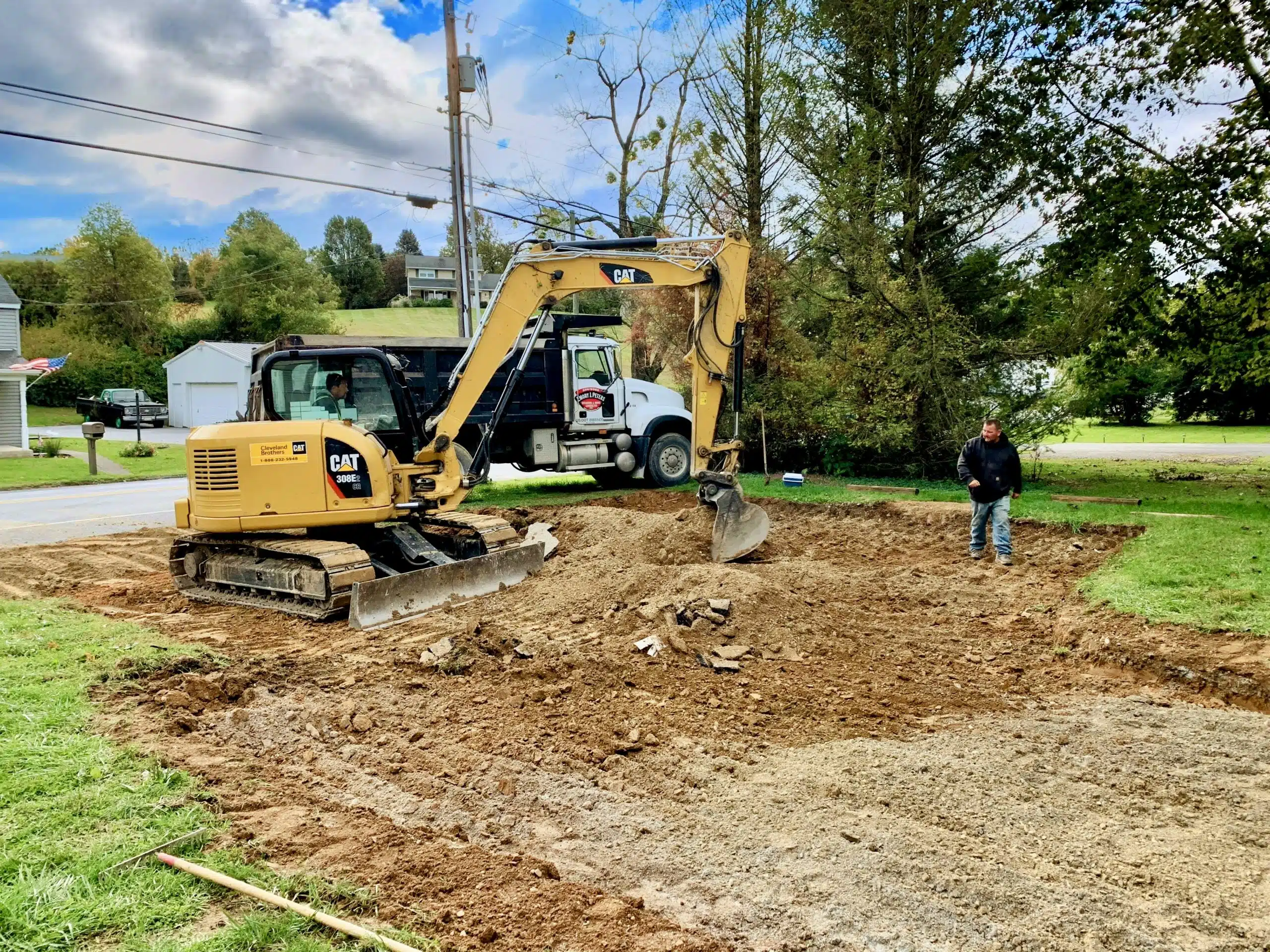Our Location

Frequently Asked Questions
We know you may have questions about our excavating and paving services. To help, we’ve gathered answers to the most common inquiries we receive. If you don’t find what you’re looking for here, please don’t hesitate to reach out—we’re always happy to provide the information you need!
Driveway Paving FAQs
When maneuvering on your newly paved driveway, avoid turning the steering wheel while the car is stationary, as this can leave noticeable circular marks. Ensure the vehicle is in motion before turning the wheel.
With proper maintenance, an asphalt driveway can last 15 to 20 years. Regular sealing and prompt repair of cracks will extend its lifespan.
Typically, you can walk on your driveway within 24 hours and drive on it after 3 to 4 days. This allows the asphalt to set properly.
While it’s possible, it’s not ideal. Asphalt requires certain temperatures to cure properly, so late spring through early fall is the best time for installation.
Parking Lot Paving FAQs
The thickness depends on the expected traffic load. For most commercial lots, a thickness of 3 to 4 inches is standard, but areas with heavier traffic may require up to 6 inches.
The time required depends on the size of the lot and weather conditions. Generally, it takes 1 to 2 weeks, including preparation and curing time.
No, it’s recommended to wait at least 24-48 hours after paving before striping to allow the asphalt to set and harden sufficiently.
Excavating FAQs
Excavation is necessary for projects such as foundation work, trenching for utilities, grading for landscaping, and preparing sites for new construction.
Ensure all underground utilities are marked, clear the area of any obstructions, and coordinate with your contractor for any specific preparations required.
The duration depends on the size and complexity of the project. Small residential projects might take a day or two, while larger commercial jobs can take several weeks.


